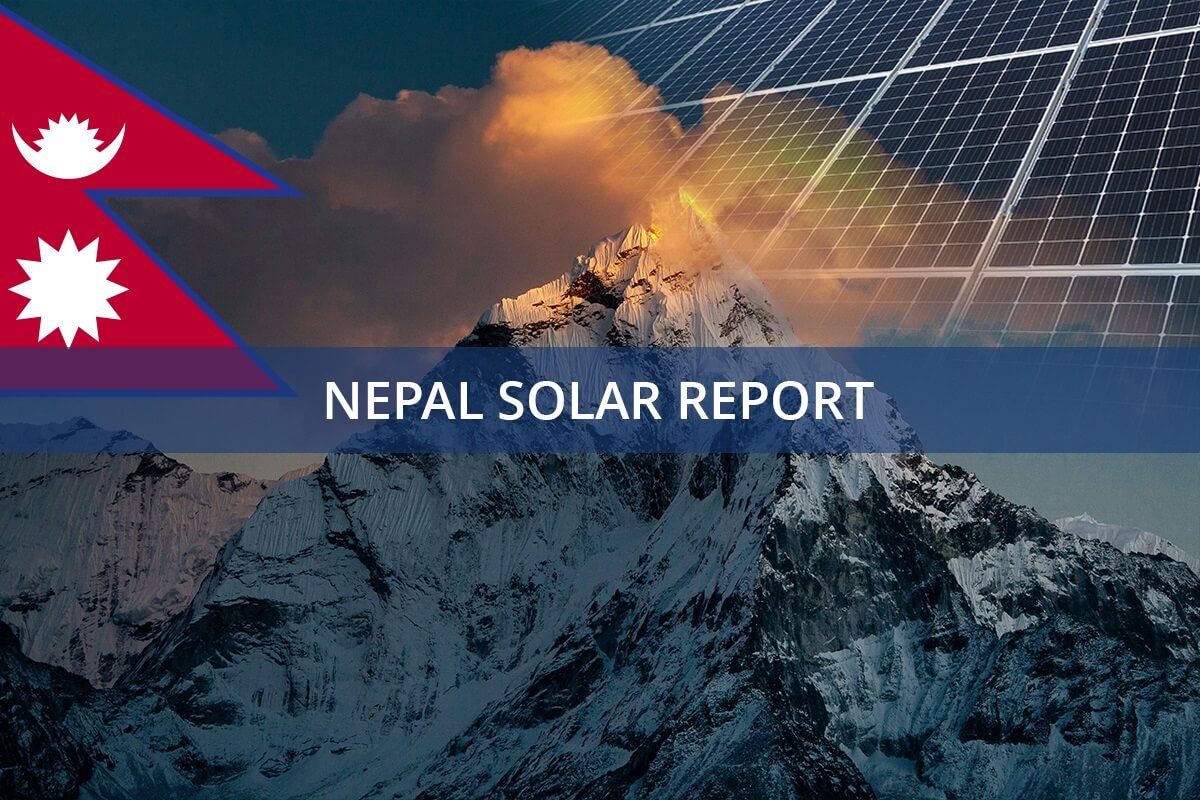Nepal Solar Grant: A $20 Million Boost for Renewable Energy
Nepal has received a significant boost for its renewable energy sector with a $20 million grant from the World Bank to develop solar farms. This funding, part of the Nepal Grid Solar and Energy Efficiency Project, aims to help the country diversify its energy sources and enhance energy security.
World Bank Approves $20 Million Nepal Solar Grant
The World Bank’s International Development Association (IDA) has approved a $20 million grant to support the development of solar energy in Nepal. This funding will be used to build solar farms in key areas such as Devighat, Trishuli, and Marsyangdi. The project aims to generate clean and sustainable energy to meet the country’s growing demand. In addition to the grant, $7.89 million of IDA credit has already been allocated to the project. The government of Nepal and the Nepal Electricity Authority (NEA) are also contributing $3.4 million and $3.5 million, respectively.
This brings the total financing for the Nepal Grid Solar and Energy Efficiency Project to $57.39 million. The project was initially approved in 2014 with a $130 million credit, with the goal of building solar farms in key areas such as Devighat, Trishuli, and Marsyangdi.
Expanding Solar Energy Infrastructure with Nepal Solar Grant
The funding will be used to build solar farms in strategic locations like Devighat, Trishuli, and Marsyangdi, which will serve as key hubs for generating and distributing solar power. The project aims to increase the country’s solar power capacity by 25 MW, which will significantly boost the availability of clean energy in the national grid.
This will help Nepal reduce its reliance on hydropower, which currently accounts for about 95% of the country’s electricity generation. The World Bank’s funding is part of its broader commitment to supporting clean energy projects in developing countries. Nepal’s reliance on hydroelectric power makes it vulnerable to seasonal fluctuations in water flow, which can lead to power shortages.
The integration of solar power into the national grid will help mitigate these risks and provide a more stable and reliable source of energy. By expanding its solar energy infrastructure, Nepal aims to reduce its carbon footprint and promote sustainable development.
Nepal Solar Grant: Enhancing Energy Efficiency and Security
The Nepal Grid Solar and Energy Efficiency Project is not just about increasing solar power capacity. It also aims to improve energy efficiency across the country. The project will focus on upgrading the national grid to reduce energy losses and ensure that the power generated from solar farms is effectively distributed to consumers.
This will help Nepal meet its growing energy demand while reducing its dependence on fossil fuels. The project will also include the installation of solar-powered streetlights in major cities like Kathmandu and Pokhara. These streetlights will not only reduce the country’s energy consumption but also improve public safety by providing better illumination in urban areas.
World Bank’s Support for Nepal Solar Grant and Clean Energy
The World Bank’s support for clean energy projects in Nepal aligns with its global commitment to promoting sustainable development and reducing greenhouse gas emissions. The Nepal Grid Solar and Energy Efficiency Project is part of the World Bank’s broader strategy to help countries transition to low-carbon economies.
Through this project, Nepal will be able to diversify its energy mix, reduce its carbon footprint, and improve its energy security. The project is also expected to create jobs in the renewable energy sector, providing opportunities for local communities to benefit from the country’s shift towards clean energy.
The $20 million grant from the World Bank is a significant step forward for Nepal’s renewable energy sector. The project will not only help Nepal meet its energy needs but also contribute to the global effort to combat climate change. As Nepal continues to invest in clean energy infrastructure, it is positioning itself as a leader in renewable energy development in South Asia.

